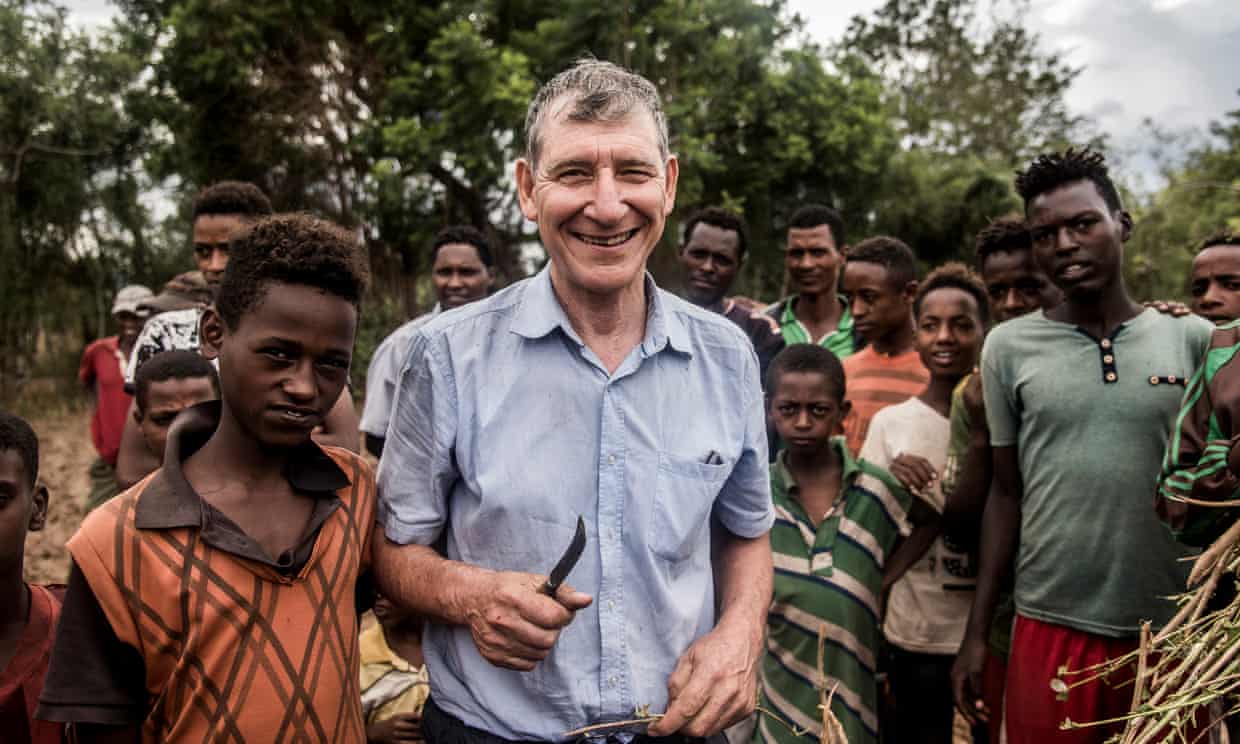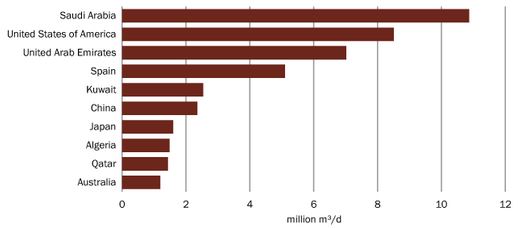Speech I recently gave for the Koninklijke Industrieele Groote Club (www.igc.nl) in Amsterdam.
Brexit, Border Wall, Catalan separatism — western countries are absorbed by their own sovereignty issues. As a consequence, a much bigger issue is not addressed: how to sustain the West itself? Precisely when the West as a whole is losing influence, it is trapped in internal division. Instead of reflecting on a future-proof and non-imperialistic role for the West, (too many) western politicians are wasting precious time fighting each other and bullying the rest. The result is that they catalyze precisely the kind of marginalization they try to stop.
On 2 February 2019 I wrote that if the GDP projections of PwC are correct, not a single European country will sit at the table when the G8 gathers in 2050. Yet precisely now, nationalism is thriving and entire nations manage to grossly overestimate themselves.
As a Dutchman I live in the midst of this turmoil. At the same time, I crossed the globe in the last 10 years, speaking with social actors on all continents about sustainable solutions for social issues. Based on this experience, below 3 urgent recommendations to western politicians if they want the West to play a viable role in the years to come.
I. Stop being in denial
- Stop disguising the present
- In this critical time of shaping our planetary future, facing major threats like cyber crime, nuclear risks, pandemics, global terrorism and climate change, the West cannot afford misleading politics: presenting ‘alternative facts‘ for electoral gain, hiding costs and difficulties when promoting solutions, and creating a false dichotomy between nationalism and globalism.
- Stop idealizing the past
- As the West needs to respond to new issues (like its loss of power and the need for global solutions to global issues), it cannot afford a nostalgia that makes people only yearn for times that won’t come back. Above all, western countries need to overcome their post-imperial stress syndrome in which they only weaken their position by behaving as if they are still calling the shots. Brexit is currently the most dramatic example of this. It painfully shows that the United Kingdom is in no position to negotiate with 27 nations on an equal footing. Ironically, only a supranational entity like the EU can make this kind of equal dialogue possible. Leaving the EU means: falling back on the old law of the strongest between nations. Separatists in Scotland and Catalonia will bump into the same reality if they ever face negotiations with the UK or Spain.
- Stop blocking the future
- Reform is gravely needed to make international institutions more suitable for global dialogue and collaboration. The longer the West waits with giving up its disproportionate power in the UN Security Council, World Bank, IMF, etc., the bigger the chance that non-western nations create their own entities (like China’s Asian Infrastructure Investment Bank). This weakens not only the western-controlled entities, but also the world’s ability to solve its joint issues.
II. Secure your Western values
- Secure your activism
- 400 years ago, the West started embracing a mentality of not accepting human suffering, but always seeking “to relieve and benefit the condition of man” (Francis Bacon, 1620). This mentality is inherently optimistic, as it persistently believes that it is worth seeking solutions for whatever challenge we face. The current doom and gloom attitude of the West threatens this spirit. Time to breathe new life into it and make the whole world benefit.
- Secure your democracy
- 200 years ago, the West started embracing the idea that every human being deserves equal respect and equal opportunity to participate in civil and political life without discrimination or repression. This idea is currently under pressure, with politicians disqualifying entire groups in society based on religion or ethnic background, with income inequality rising again, freedom in decline worldwide, and even EU countries leaning towards authoritarian types of governance. Time to re-affirm the meaning of universal human dignity.
- Secure your solidarity
- 100 years ago, the West started embracing a welfare system in which the state protects and promotes the economic and social well-being of its citizens. After World War II, this system got expanded in Western Europe in response to Fascism, Nazism and Communism. It had become painfully clear that people who have nothing to lose become prone to extreme politics. In this time of new uncertainty and discontent, the West can draw from its past a powerful incentive to invest in solidarity again. Globalization, automation and robotics will disturb the labor market to such an extent, that a growing group of unemployed people cannot be retrained in time and stay unemployed. It will be up to us to decide, whether we want to further humiliate these citizens by treating them as a ‘cost item’ to society, or invite them to show their value in other ways.
III. Start valuing your assets
- Value your allies
- If China can openly reject western democracy, Russia openly annex Crimea, and Turkey openly censor the media, western countries better start valuing their like-minded allies. This is the worst moment for the West to be internally divided, as it directly undermines the strength and credibility of western ideology. Building and preserving western partnerships, even at the cost of national sovereignty, may be the only way for the West to keep the critical mass that it needs to sustain what it holds dear.
- Value your culture
- In 2030, Asia will represent 66% of the global middle-class population and 59% of middle-class consumption. Economic power means cultural power: the world will see more eastern-oriented products, adapted to the preferences of the biggest market: Asia. The West will have to decide where it draws the line in adapting to this culture shift. Not for superiority reasons, but to maintain a western sense of home and preserve the cultural assets with which the West can complement other nations.
- Value your planet
- All of the above becomes irrelevant if the West cannot preserve the biggest asset it shares with all nations: our one world, with its global issues and vulnerable ecosystems. Before sustaining itself, the West needs a plan for the planet, for “there is no planet B”. The planet does not care about East or West, North or South. It only feels the weight of 7 billion people and eagerly awaits the moment in which all unite around one vision for the one earth we have.
In short, we urgently need western politicians who don’t give in to polarized debates but boldly manage to do both: preserving our assets with western nations as our contribution to the common good and our sense of home in the world, and preserving our planet with all nations to have a home at all.



